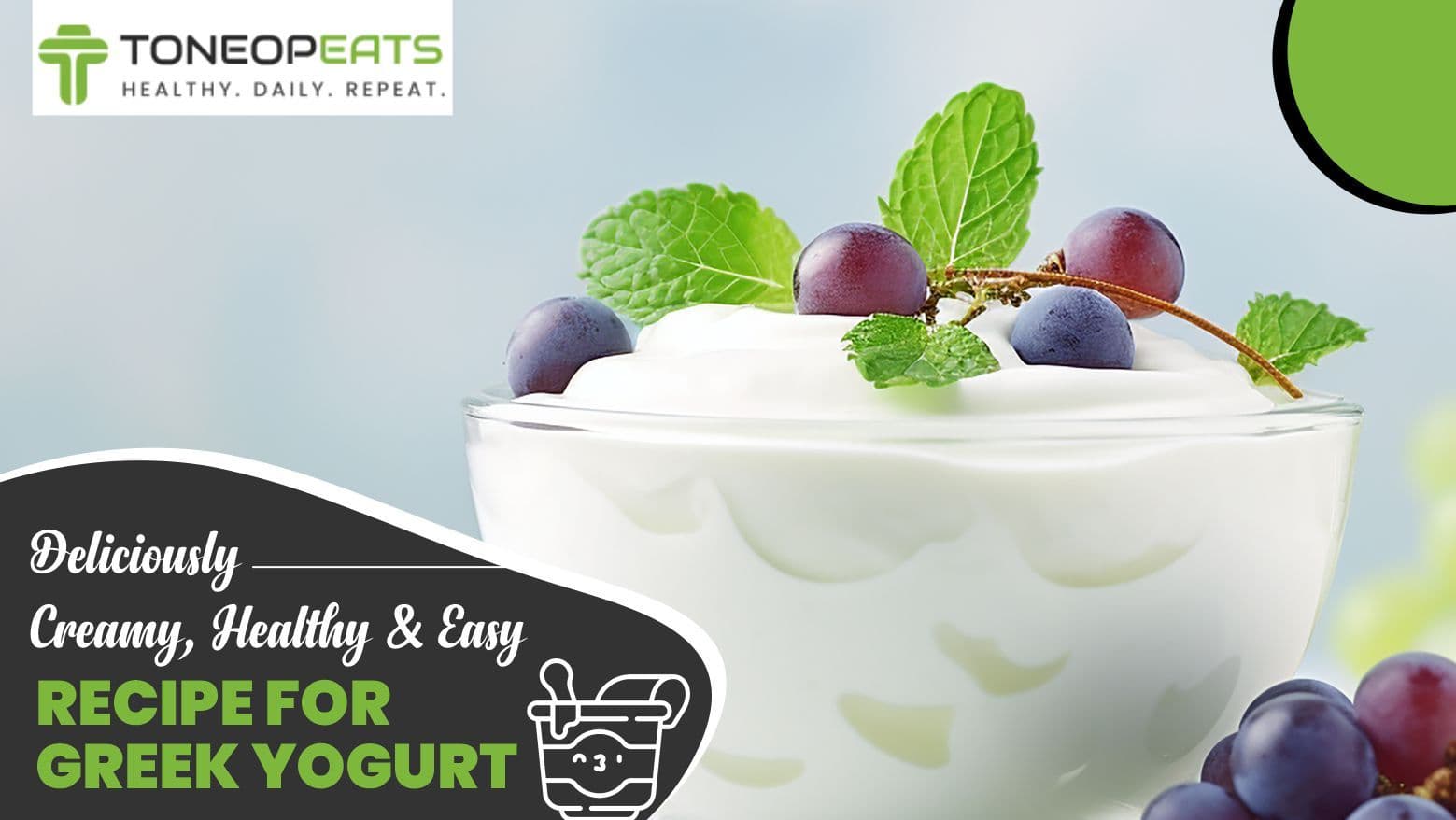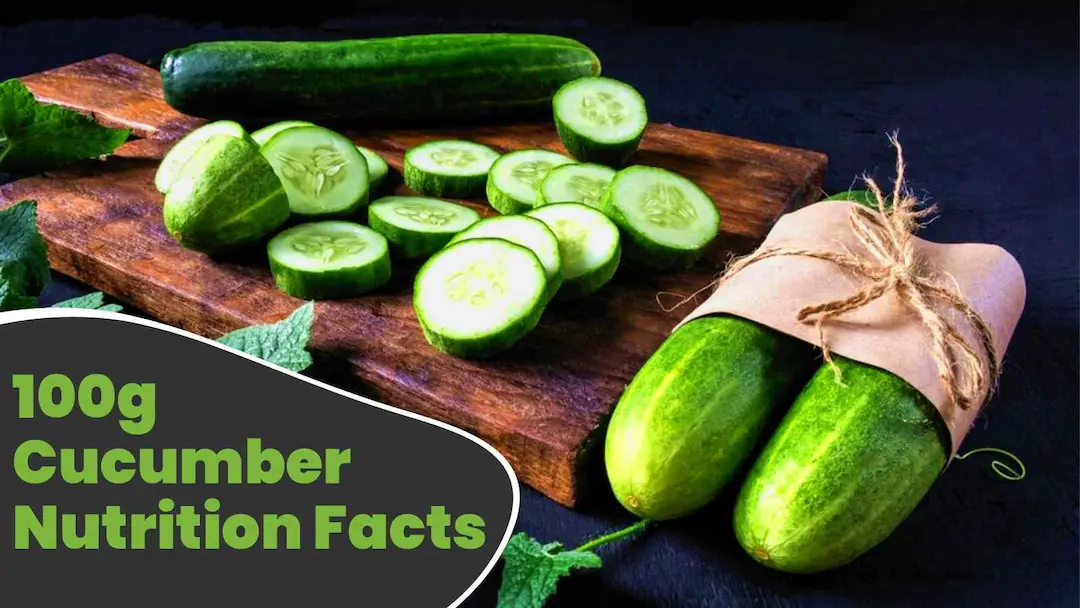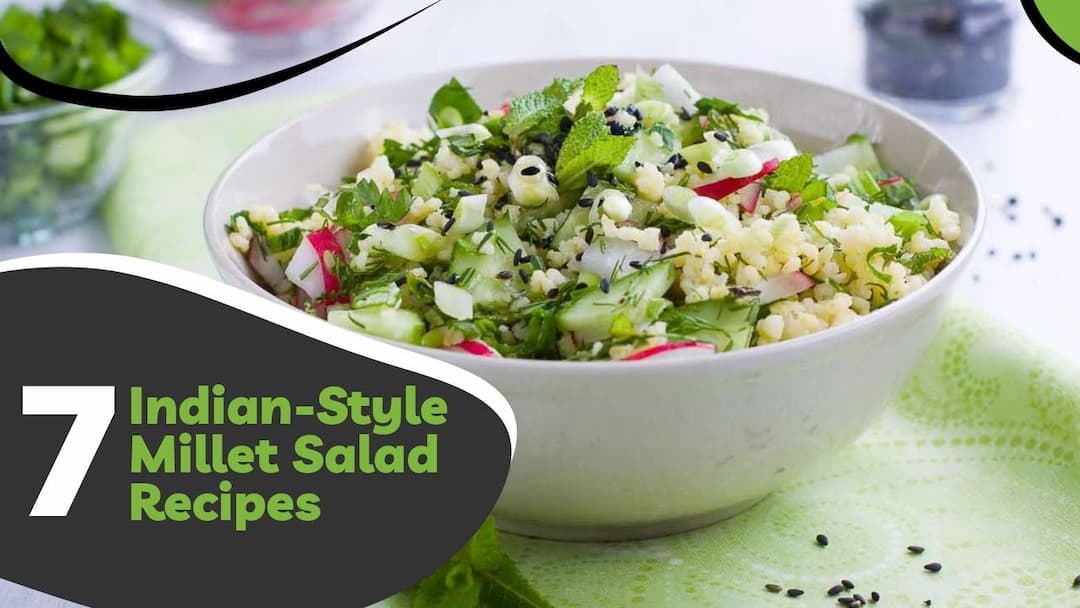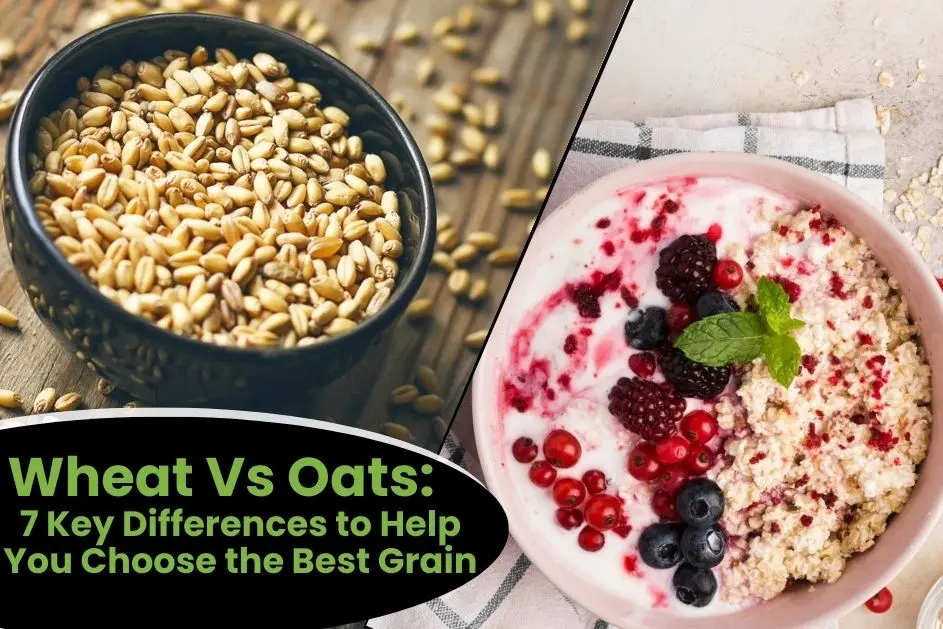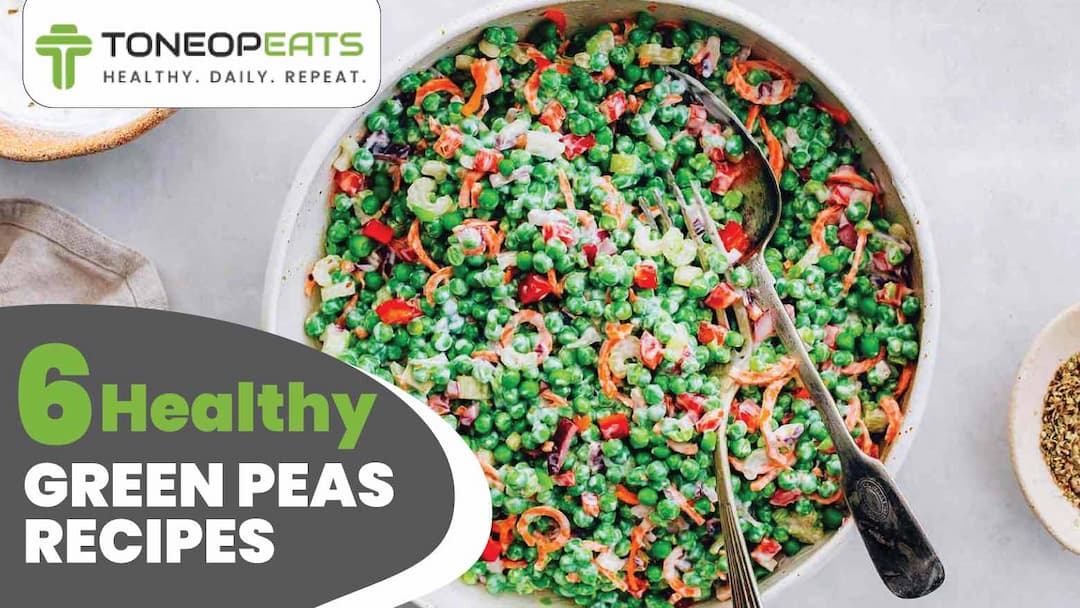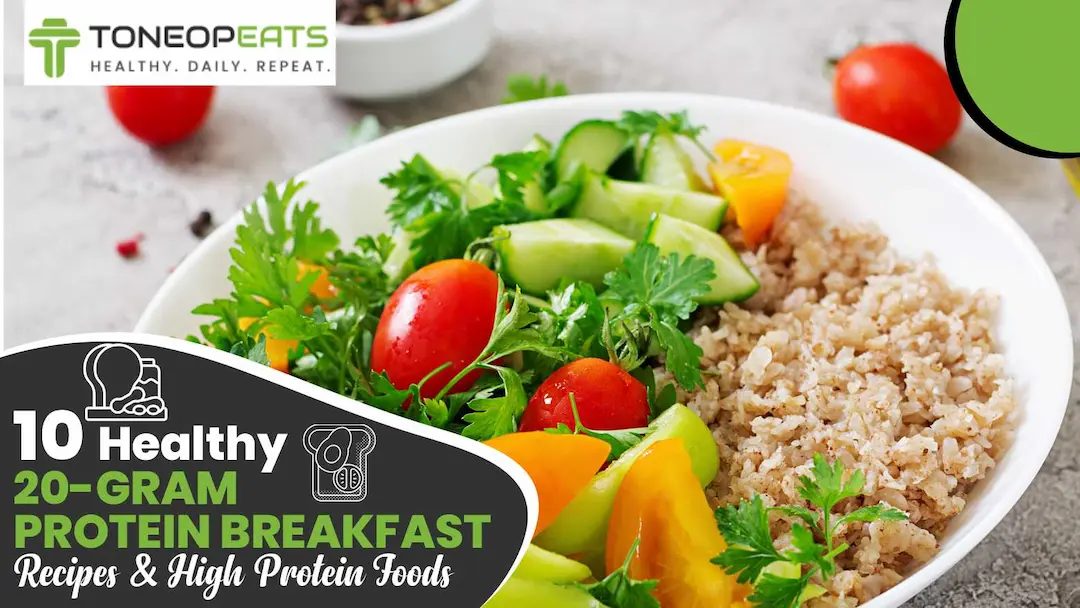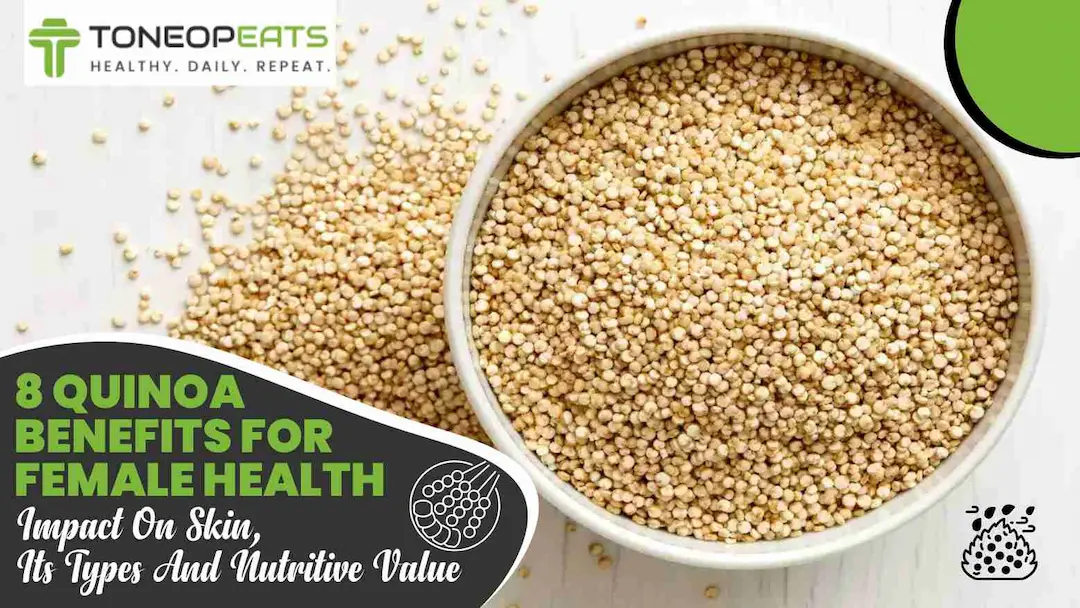Dairy products are generally recognised as an important part of a healthy, balanced diet worldwide. Yoghurt is the most popular dairy product. However fancy it may sound, it is easy to make. It is particularly rich in protein, calcium, selenium, and phosphorus. Can you eat Greek yoghurt every day as part of a healthy diet? For those who tolerate dairy well, as long as you choose the right type (especially the low-sugar variety) and digest it well, it'll do wonders for you!
It is a great snack or breakfast, packed with protein and other nutrients. Many people love the thick, creamy texture of this yoghurt. Plus, it is known to provide hard-to-find calcium, in addition to many other nutrients like selenium, phosphorus, and potassium. Let's dive into this blog to learn about the recipe for Greek yoghurt and breakfast recipes with Greek yoghurt and understand its nutritional properties and benefits for your health and wellness.
Table Of Contents
1. Greek Yoghurt And Its Nutritional Profile
2. How To Prepare Greek Yoghurt At Home? Try This Easy Greek Yoghurt Recipe
3. Recipes With Greek Yoghurt For Breakfast
4. 6 Key Benefits Of Greek Yoghurt
5. Dietitian’s Recommendation
6. The Final Say
7. FAQs
8. References
Greek Yoghurt And Its Nutritional Profile
Yoghurt is a dairy product that has been consumed since ancient times. Greek yoghurt originated in parts of Europe hundreds of years ago, where widely available cow's and goat's milk was first fermented to extend shelf life. This type of yoghurt is made by combining milk and live cultures (bacteria) and then straining the mixture through a filter. Remove the liquid whey that naturally occurs in milk. The paste also removes some of the lactose sugars, salt, and water, making Greek yoghurt thicker and higher in protein than standard yoghurts but also usually lower in sugar and carbs.
Greek yoghurt, especially the low-fat version, is a lean protein-rich dairy product that is high in many nutrients, such as vitamin B12, calcium, and selenium. However, the brand you select may have an impact on its nutritional content and health advantages.
In addition to being a great source of many nutrients, Greek yoghurt may provide a variety of health advantages. However, since many can contain substances like added sugar, it's crucial to pick the correct kind and brand.
Here's the nutritional breakdown of 7 ounces (200 g) of low-fat, plain, unsweetened Greek yoghurt:
| Calories | 146 kcal |
| Protein | 20 gms |
| Fat | 3.8g |
| Carbohydrates | 7.8 gms |
| B12 | 43% Daily Value (DV) |
| Riboflavin (B2) | 35% DV |
| Pantothenic acid (B5) | 19% DV |
| Vitamin A | 20% DV |
| Calcium | 18% DV |
| Phosphorus | 22% DV |
| Potassium | 6% DV |
| Zinc | 11% DV |
| Selenium | 45% DV |
- Greek yoghurt offers a variety of nutrients, but it is especially high in protein, vitamin B12, riboflavin (B2), and selenium, as you can see.
- It is also a good source of potassium, vitamin A, zinc, calcium, phosphorus, and pantothenic acid.
- Additionally, Greek yoghurt contains smaller amounts of nutrients such as magnesium, choline, and copper.
- Compared to regular yoghurt, Greek yoghurt is higher in protein and lower in carbohydrates. Remember that the type of Greek yoghurt you choose will affect its nutritional value.
Also Read: 10 Concentration Increasing Foods and Minerals That Skyrocket Memory and Focus
How To Prepare Greek Yoghurt At Home? Try This Easy Greek Yoghurt Recipe
Here is how you can make Greek at home:
Ingredients:
- Low-fat milk - 4 cups
- Low-fat yoghurt - ½ cup
- Honey and fresh fruit - Optional
Preparation Method:
- Take a large saucepan, pour the milk, keep half a cup of milk aside. Heat the saucepan's milk over medium heat. Allow the temperature to reach 180°F or 80°C.
- Transfer the milk into a large heatproof bowl carefully. Stir frequently until the milk cools to 110°F or 40°C.
- Now take a small bowl, add the previously kept aside half a cup of milk and mix with the yoghurt. Add this mixture back into the warm milk in the container and stir.
- Cover the container with a clean paper towel. This will keep it warm.
- Place this mixture in a warm, dry place. Leave for 8-12 hours, then refrigerate for about two hours.
- Line a large, thin mesh sieve with two layers of cheesecloth. Place in a large bowl. Place the cooled yoghurt in the cheesecloth. Cover and refrigerate for 8 to 24 hours.
- Your Greek yoghurt is ready to be served with some fresh fruits to enhance the taste.
Recipes With Greek Yoghurt For Breakfast
Here are some healthy and easy Greek yoghurt recipes you can give a shot:
1. Greek Yoghurt And Blueberry Smoothie
This smoothie mix features a trio of creamy Greek yoghurt, banana, and mixed berries to create a truly delicious smoothie that provides a refreshing and good source of protein and energy until morning.
Ingredients:
- Low-fat milk - ¾ cup
- Blueberries - ½ cup
- Greek yoghurt - ½ cup
- Banana - 1
- Chia seeds - 1 tsp
- Honey - 1 tsp
Preparation Method:
- In a blender, combine all the ingredients and process until smooth.
- Serve at room temperature in a glass.
Also Read: Look No Further! Healthy Smoothies For Weight Loss Recipes Are Here At Your Convenience
2. Greek Yoghurt Pancakes
These Greek Yoghurt Pancakes are moist, spongy and have a light texture.These Greek Yoghurt Pancakes are packed with protein, fiber and probiotics.
Ingredients:
- Eggs - 2
- Plain Greek yoghurt - 1 cup
- Milk - 1 tbsp
- Vanilla essence - 1 tsp
- Keto flour - ½ cup
- Baking soda - 1 tsp
- Salt - ¼ tsp
- Honey/Maple Syrup to drizzle on top as needed
- ToneOp Care’s Sunflower Seeds and Pumpkin Seeds as toppings
Preparation Method:
- In a medium bowl, whisk together the eggs, Greek yoghurt, milk, and vanilla. Cancel.
- Mix the flour, baking soda, sugar, and salt in a big bowl. Mix the dry components with the wet ones until they are moistened.
- Lightly grease a pan and heat it over medium heat. Fill the pan with pancake batter using a 1/4 cup measuring cup. Cook until small bubbles appear on the surface, about 2 minutes.
- Flip and cook until the other side is golden brown, about 1-2 minutes.
- Warm pancakes should be served with fresh fruit, sunflower seeds, pumpkin seeds, and maple syrup or honey, which can be added for taste.
3. Greek Yoghurt And Almonds Smoothie
This is a variation of our basic Greek yoghurt smoothie recipe. This Greek Yoghurt Protein Smoothie recipe is enhanced with nut butter, flax seeds, and chia seeds for even more protein.
Ingredients:
- Milk or soy milk - ½ cup
- Plain Greek yoghurt - ½ cup
- Ripe banana - 1 large
- Nut butter - 1 tbsp
- Almonds - 1 tbsp
- ToneOp Care’s Flax Seeds - 1 tbsp
- 6-8 ice cubes (optional)
Preparation Method:
- Mix all the ingredients in a blender and blend until smooth.
- Pour it into a glass once done, and Enjoy it!
6 Key Benefits Of Greek Yoghurt

Greek yoghurt has the following benefits:
1. Improves Bone Health
The amount of calcium and protein in Greek yoghurt helps build and strengthen bones, reducing the risk of osteoporosis. Researchers linked this to the protein and calcium in Greek yoghurt. Study found that postmenopausal people who regularly consumed yoghurt were less likely to experience hip fractures than those who ate little or no yoghurt.
ToneOp Care’s Bone 360 Tablets help you strengthen your bones and muscles, reduce joint pain and muscle cramps, and enhance bone density and muscular flexibility.
2. Boosts Gut Health
Most Greek yoghurts contain probiotics, which help maintain a balanced gut microbiome by delivering more beneficial bacteria to the area. A balanced gut microbiome helps with a variety of body functions, including the immune system, digestion, and nutrient absorption. ToneOp Care’s Happy Gut Combo aids complete gut care with the help of twelve enzymes.
3. Helps In Improving Heart Health
Studies have shown that yoghurts with probiotics, like Greek yoghurt, may lower your risk of high blood pressure, a risk factor for heart disease. Some studies have shown that eating at least two servings of yoghurt a week may lower your risk of stroke compared to eating yoghurt only once a month.
ToneOp Care’s BP Care Combo can help you manage your blood pressure, cholesterol & weight, prevent heart diseases & improve your cardiac health.
Also read: 10 Best Foods For High Blood Pressure: Your Guide to Healthy Choices and Foods to Avoid
4. Increases Muscle Strength
Experts generally recommend a high-protein diet for muscle building for people interested in increasing muscle mass, especially those who do strength training, such as free weights or medicine balls. One study found that eating Greek yoghurt was superior to carbohydrate-based options. Participants in strength training programs reported increased muscle mass, strength, and body composition.
5. Helps In Weight Management
The high protein content of Greek yoghurt can help you feel fuller for longer, helping you maintain a healthy weight. Studies have shown that eating Greek yoghurt may help curb your appetite better than low-fat or whole-milk yoghurt. Yoghurt consumption has also been linked to a smaller waist circumference, a lower body mass index (BMI), and a decreased risk of weight gain.
ToneOp Fit’s Balanced Diet Weight Loss Plan helps with balanced nutrition guidance with an expert diet coach who can help you with customised diet plans involving Greek yoghurt to reap its benefits to achieve and maintain your ideal body weight.
Also Read: Healthy Eating Is Not Boring Anymore! Learn About The 10 Healthy Dinner Recipes To Lose Weight
6. Controls Blood Sugar Levels
Unsweetened, plain Greek yoghurt may also help people who are trying to control their blood sugar levels. One study of participants with type 2 diabetes found that eating 200 grams of yoghurt with the probiotics Lactobacillus acidophilus and Bifidobacterium lactis for 12 weeks significantly reduced haemoglobin A1c (HbA1c), a measure of how the body regulates glucose (blood sugar levels).
ToneOp Care’s Diabetes Care Combo helps you improve your blood sugar and insulin levels.
Dietitian's Recommendation
Greek yoghurt is a variety of yoghurt rich in protein and other nutrients, including calcium, vitamin B12, and selenium. It is associated with several health benefits, such as promoting muscle and bone health, and some species may contribute to a healthy gut.
This makes Greek yoghurt an ideal food that should be part of the menu on a daily basis. In addition, it is a hearty and nutritious kitchen base that can be used in a variety of sweet & savoury recipes and dips.
Dt. Lavina Chauhan
The Final Say
Greek yoghurt is a popular low-sugar dairy product with an impressive nutrient-dense profile. Its creamy texture and spicy taste are to die for!! It contains added sugars and has several culinary applications. You can easily prepare this recipe for Greek yoghurt at home. So, add it to your diet and enjoy its maximum benefits.
FAQs
1. What are the main ingredients in Greek yoghurt?
Low-fat milk and low-fat yoghurt are the main ingredients involved in making Greek yoghurt.
2. Are Greek yoghurt and curd the same?
No, Greek yoghurt and curd are not the same. Greek yoghurt is just curd that has had the whey liquid removed. Curd is a creamier, thicker version.
3. How is Greek yoghurt made?
Here is how to make yoghurt at home:
- Take a large saucepan, pour the milk, keep half a cup of milk aside. Heat the saucepan's milk over medium heat. Allow the temperature to reach 180°F or 80°C.
- Transfer the milk into a large heatproof bowl carefully. Stir frequently until the milk cools to 110°F or 40°C.
- Now take a small bowl, add the previously kept aside half a cup of milk and mix with the yoghurt. Add this mixture back into the warm milk in the container and stir.
- Cover the container with a clean paper towel. This will keep it warm.
- Place this mixture in a warm, dry place. Leave for 8-12 hours, then refrigerate for about two hours.
- Line a large, thin mesh sieve with two layers of cheesecloth. Place in a large bowl. Place the cooled yoghurt in the cheesecloth. Cover and refrigerate for 8 to 24 hours. Your Greek yoghurt is ready.
References
- https://www.breakfastfordinner.net/greek-yogurt-pancakes/
- https://www.nourishandtempt.com/greek-yoghurt-berry-smoothie/
- https://totaste.com/recipe/greek-yogurt-protein-smoothie/
- https://happyhealthymama.com/greek-yogurt-smoothie-recipe.html
- https://www.verywellhealth.com/greek-yogurt-8599257#toc-benefits-of-eating-greek-yogurt-daily
- https://www.verywellhealth.com/greek-yogurt-8599257
- https://draxe.com/nutrition/greek-yogurt-nutrition/
- https://www.healthline.com/health/food-nutrition/greek-yogurt-benefits#bottom-line
- https://www.stylecraze.com/articles/greek-yogurt-nutrition-benefits/?sem_campaign=PMAXDynIngredients_India&gad_source=1&gclid=Cj0KCQiA_qG5BhDTARIsAA0UHSISUoe0wZ_Vs-SonXU_TnYGo1QpIRn2ObtIo3-Y8CuSWkgRgPSln9AaAlkNEALw_wcB#how-can-you-make-greek-yogurt-at-home
About ToneOp Eats
ToneOp Eats is your go-to health kitchen, delivering nourishing meals in Bhopal, Indore & Bangalore. The meals are prepared with strategically planned nutrition and portions for your health goal. With just three simple steps, you can subscribe to a meal plan for weight loss, muscle gain, or balanced diet goals. Experience the perfect blend of taste and wellness in our nutrient-dense and calorie-counted range of meals, including protein-rich grills and meal bowls, full of fibre salads & smoothies, workout-friendly protein 30,40,50 meals and refreshing juices.







